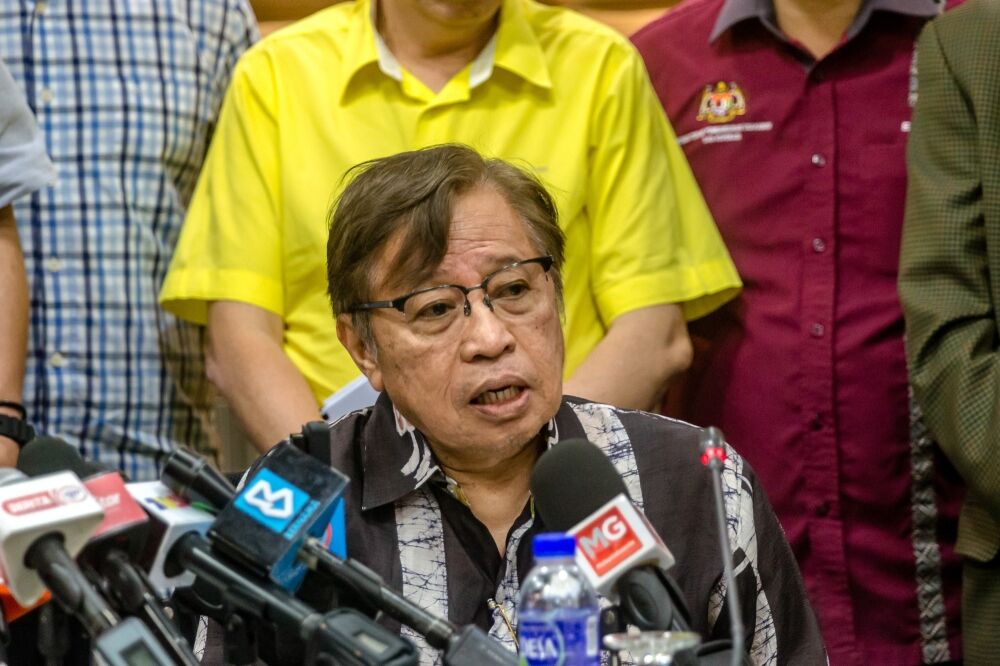Sarawak drafts biodiversity masterplan for sustainable economic growth

Sarawak’s state government is working on a biodiversity masterplan to integrate biodiversity and ecosystem management into the state’s legal framework and institutions, with the aim of promoting sustainable economic development. The draft masterplan is currently being discussed with relevant stakeholders before it can be officially endorsed by the state government.
Sarawak is home to one of the world’s oldest rainforests, believed to be 130 million years old. The state’s Premier, Tan Sri Abang Johari Openg, highlighted the diversity and richness of biological resources in the region, stating that these diverse biochemicals could have significant benefits for humanity. He also noted that local communities have been using plants for various purposes, including food, medicine, health, and shelter.
However, the management of tropical forests has become increasingly complex due to human activities and their impact on the environment. “As a result, sustainable management of these forests is crucial to conserve their resources and maintain their ecosystem services,” said the Premier. To achieve the dual objectives of conservation and human use of forest resources, effective studies and policies are required, in line with the United Nations Sustainable Development Goals (SDGs).
The government, through the Forest Department, is committed to sustainable management of forest resources using best management practices. Sustainable forest management (SFM) plays a vital role in balancing economic, social, and environmental well-being. The Premier emphasised the importance of SFM for improving local livelihoods, employment, the environment, and the economy by increasing forest productivity and ecosystem services while minimising the adverse effects of climate change.
Under the Post Covid-19 Development Strategy 2030 (PCDS 2030), the forestry sector’s goal is to be globally recognised for sustainable management of tropical forests and biodiversity conservation, while also promoting the rapid growth of the timber industry. Forest management practices and stewardship will focus on balancing forest development, enhancing services obtained from forests, and the need for biodiversity conservation.
“The initiative includes restoring 200,000 hectares of degraded forest areas, certification of three million hectares of long-term forest timber license area (natural forest) and 230,000 hectares forest plantation by 2025 under the Malaysian Timber Certification Scheme or any other recognised global certification standard such as Forest Stewardship Council,” said the Premier.
Additionally, the state is planning to accelerate the adoption of greener hydrogen energy sources, aiming to become the first hydrogen-driven economy in Southeast Asia. “We are poised and committed to begin large-scale commercial production of green hydrogen by 2027. The state government is very serious in advocating for a green economy and mitigating climate change,” the Premier emphasised.
Latest Thailand News
Follow The Thaiger on Google News:


























